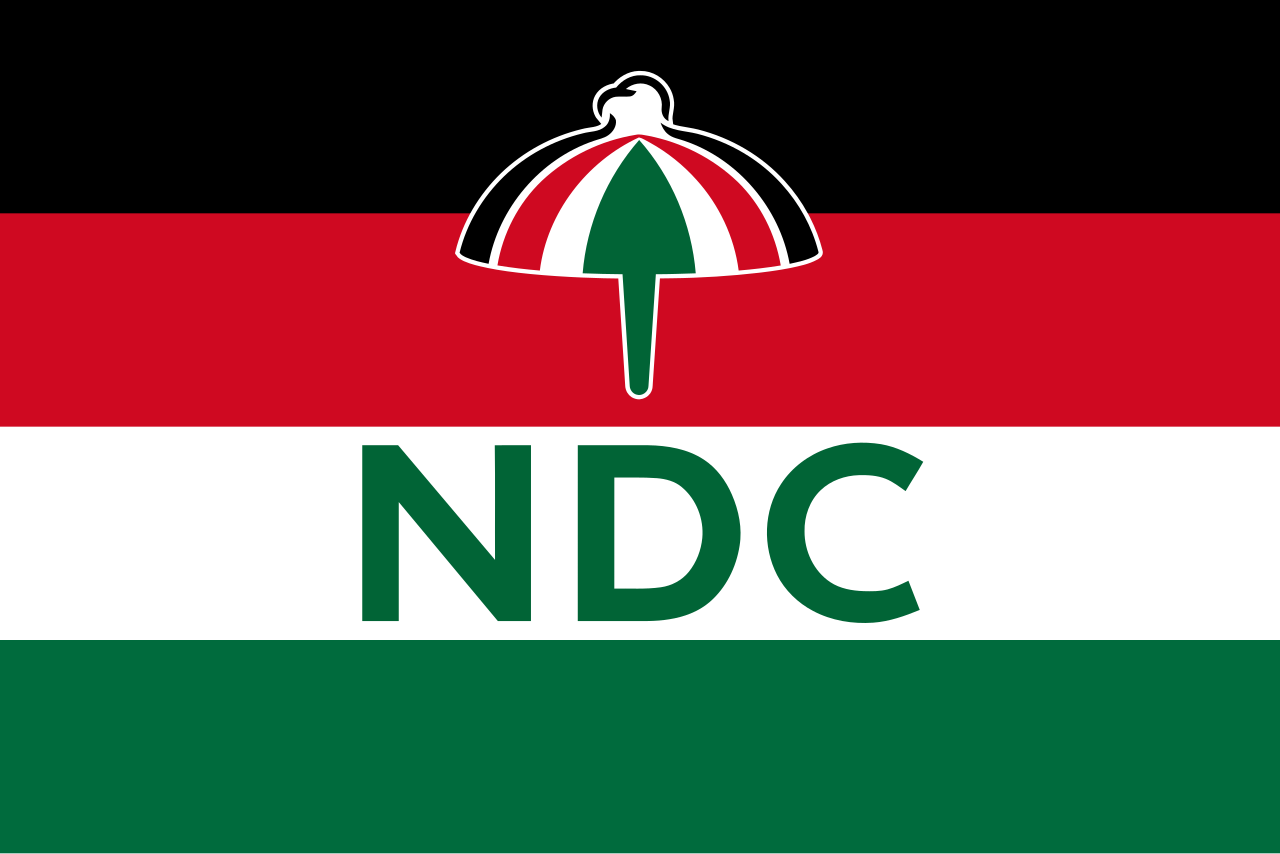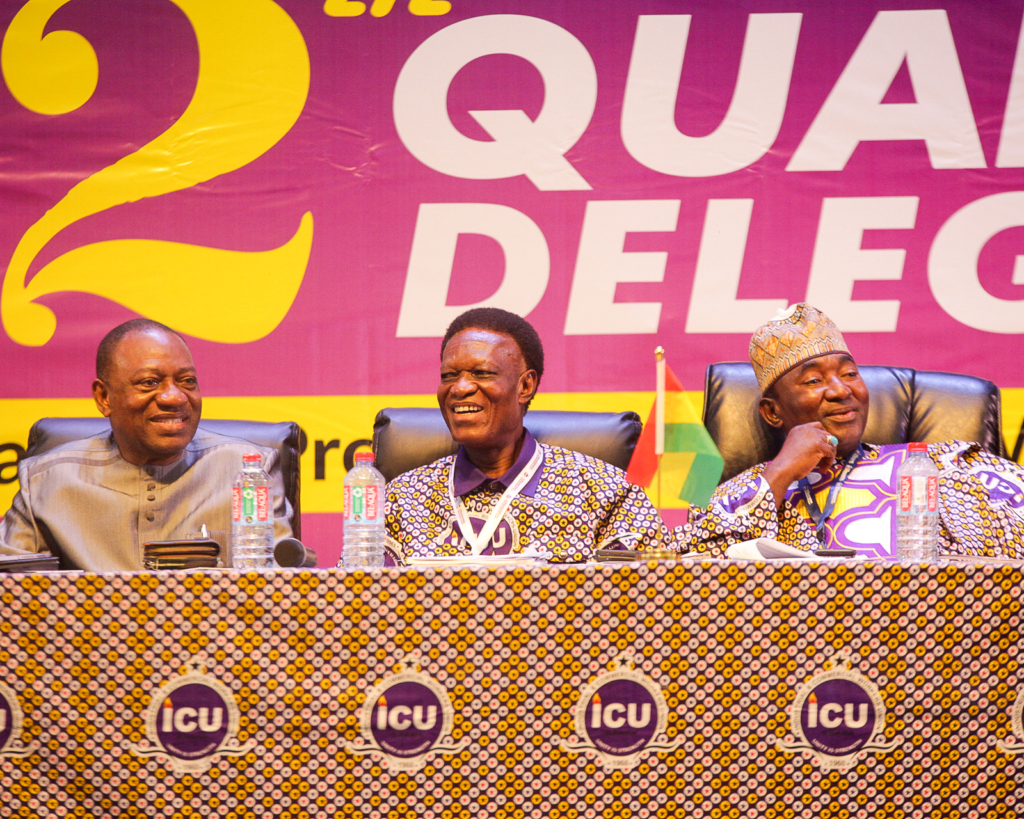The Commissioner-General of the Ghana Revenue Authority (GRA), Anthony Kwasi Sarpong, has dismissed reports that the clearance of goods at Ghana’s ports has been disrupted by the Authority’s ongoing disagreements with the National Identification Authority (NIA).
Speaking on PM Express Business Edition on Joy News, Thursday, August 21, Mr. Sarpong described the reports as inaccurate, stressing that port operations remain unaffected.
“What also came out was the incorrect news that because the NIA has taken that action, people cannot clear their goods. As we speak, that is not an accurate account. The tax administration system today relies on the Ghana Card for individuals and on GRA-generated TINs for businesses. Most importers operate with business TINs, so clearance is not dependent on the Ghana Card,” he explained.
He assured importers and the general public that no complaints had been received regarding disruptions.
“So I want to use this medium to assure all importers that this is not the situation. We have not had a single complaint, and we are working with the NIA to resolve the matter,” he said.
Mr. Sarpong clarified that the Ghana Card is not subject to continuous validation for existing taxpayers, making it impossible for the current disagreement to affect clearance processes.
“Once your Ghana Card is validated and already in our system, it is not revalidated every time. This only applies to new taxpayers. For existing businesses and individuals, there is no impact at all,” he noted.
On the broader dispute with the NIA, the GRA boss acknowledged the existence of legacy arrangements between the two institutions regarding data sharing and operational support but said these arrangements had not been conclusive.
He revealed that discussions had already been held with the NIA Director-General to address the matter amicably and expressed surprise that the issue had been raised in the media.
“As leaders, we agreed to resolve this collaboratively, so it came as a huge surprise that our sister agency chose to take it to the media,” Mr. Sarpong stated.
He emphasized the importance of cooperation among state institutions, warning against actions that could undermine service delivery.
“Government institutions must not destabilize public service delivery. These matters require dialogue, not media battles. From the GRA’s perspective, we are committed to working with the NIA to resolve this issue in the interest of the public,” he concluded.













